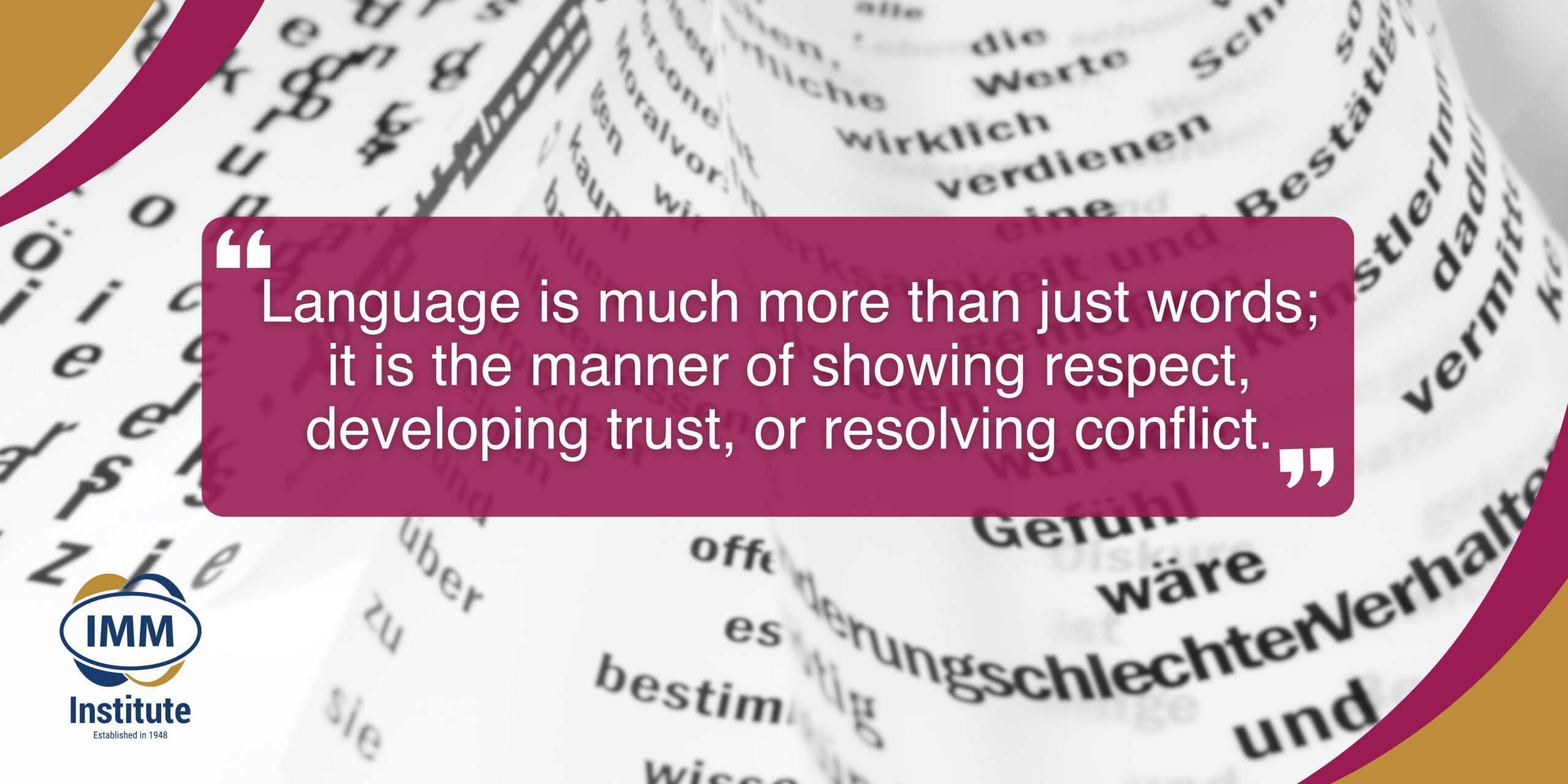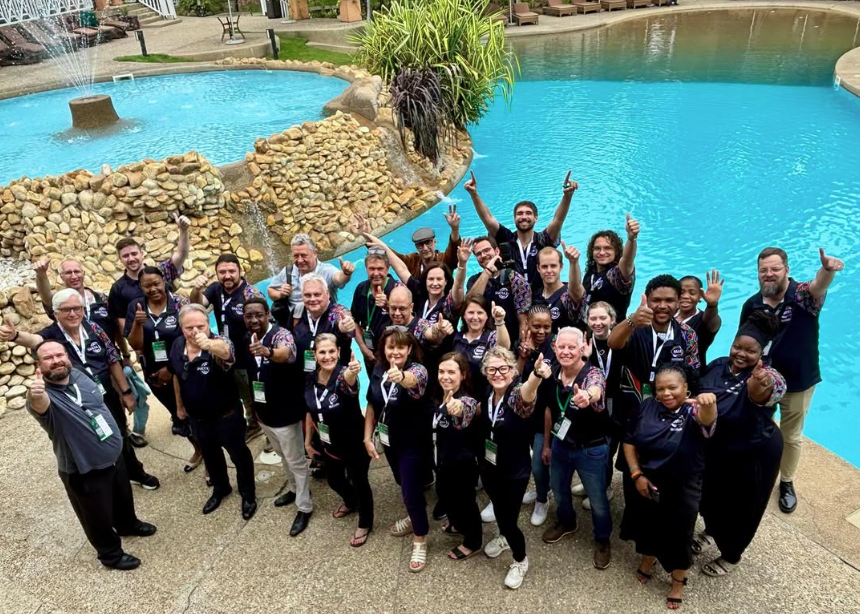
Culturally intelligent leadership: Why understanding language, tradition, and values drives better decision-making in diverse teams
Leadership nowadays is not about just meeting targets and setting strategies; it is about guiding teams that are increasingly multicultural and dispersed. The leaders that shine are those who can empathise and be aware of cultural nuances. Today, cultural intelligence (CQ) matters as much as technical ability.
Cultural intelligence typically means understanding how different people function and operate in different environments. It also explores how people respect differences, communicates, makes choices and views values. A person with high cultural intelligence does not need to be proficient in every culture; however, they have got to be very curious about actually hearing stories and experiences from them, watching carefully, and acting accordingly.

Why language matters
Language is much more than just words; it is the manner of showing respect, developing trust, or resolving conflict. Some societies value direct speech, while others value subtlety. A leader who recognises these differences avoids misinterpretations and assures psychological safety. For example, a South African leader working with Japanese colleagues could learn that silence during a meeting is not disengagement but a sign of careful consideration. Such understanding converts tension into mutual respect.
The role of tradition and values
Traditions and value systems affect how others view success and loyalty. In some cultures, people put emphasis on harmony amongst people instead of focusing on individual recognition. The point of this is to find a common ground where everyone is respected while advancing the collective.

Decision-making in diverse teams
Diversity is generally a great way to bring in the more wide-ranging set of ideas – if people felt that their voices counted. Culturally intelligent leaders know when to step back and create space for perspectives that might otherwise be overlooked. The balance between efficiency and inclusion ensures decisions are not just fast, but well-rounded.
Take cultural intelligence further with project management skills
Understanding cultural nuances is just one part of leading effectively in today’s interconnected business world. The ability to guide diverse teams also needs strong project management skills, knowing how to plan, organise, and deliver results while respecting differences.
By offering you proven techniques for handling people, processes, and performance, the Fundamentals of Project Management course by IMM Institute complements the projects of cultural intelligence leadership. From project scheduling, budgeting, resource management, decision making, and risk management, this will equip you with the skills to be able to lead projects that will result in real and measurable value.

The human edge of leadership
The distinguishing attribute that really makes culturally intelligent leadership powerful is its inherently human nature. People want to feel acknowledged, respected, and understood.
In short, cultural intelligence is not about “political correctness.” It is the unlocking mechanism for the full capacities of diverse teams. Those who are adept at this make better decisions, invoke loyalty, and bring organisations forward in a world that runs on connectivity.















